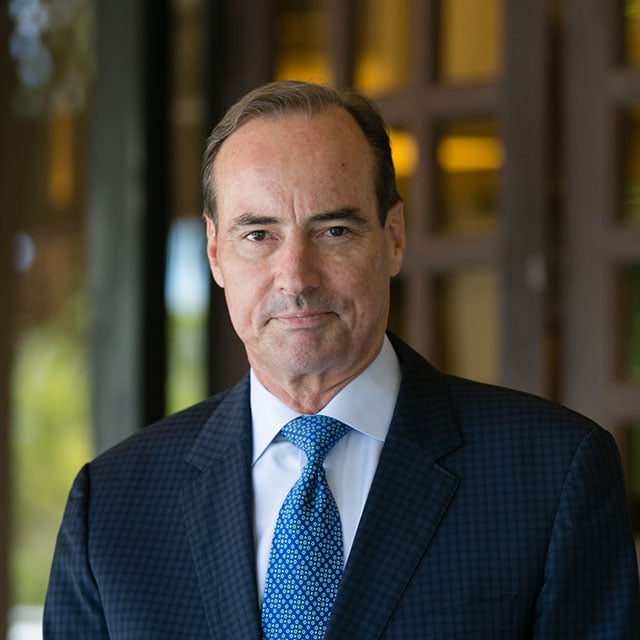Economist Harry Dent has recently made a bold prediction, stating that the biggest economic crash of our lifetime is expected to hit between now and mid-June. Dent, who has a history of making controversial predictions about the economy, warns that the current market bubble will burst and result in a major financial crisis.
According to Dent, the current market bubble is a result of the Federal Reserve’s monetary policy, which has led to artificial inflation of the stock market. He believes that the current stock market is overvalued and that investors have become complacent, leading to a potential crash in the near future.
The reasons behind Dent’s prediction

Dent’s prediction of the biggest economic crash of our lifetime is not entirely unfounded, as there are several indicators that point toward a potential economic downturn. The global pandemic has disrupted the economy in many ways, leading to job losses and reduced consumer spending. Additionally, supply chain issues and inflation have caused concerns among investors and economists.
Dent also points out that the current economic expansion has been ongoing for more than a decade and that history shows that expansions don’t last forever. He predicts that the current market bubble will burst in the near future, resulting in a crash that will have a significant impact on the global economy.
Indicators pointing toward a potential economic downturn
There are several indicators that point towards a potential economic downturn, which has led economist Harry Dent to make his bold prediction of a market crash by mid-June.
- Global pandemic
- Supply chain issues
- Inflation
- Overvalued stock market
- Economic expansion
While these indicators do not necessarily guarantee a market crash or economic downturn, they do highlight potential risks and the need for investors to be aware of these risks and to have a solid investment strategy in place. It’s important for policymakers to take note of these indicators and to implement policies to support businesses and individuals during times of economic hardship.
Support and skepticism of Dent’s prediction
While some economists support his prediction of the biggest economic crash of our lifetime, others are skeptical and argue that the current economic conditions are not comparable to previous market crashes. Regardless, it’s important for investors to consider potential risks and have a solid investment strategy in place and for policymakers to monitor the market and implement policies to support businesses and individuals during times of economic hardship.
Importance of being prepared for potential market downturns
It’s also important for policymakers to consider the potential impacts of a market crash and take steps to mitigate the damage. Governments can implement policies to support businesses and individuals during times of economic hardship, while central banks can adjust monetary policy to stabilize the economy.
In the meantime, investors and economists will continue to monitor the market and watch for signs of potential market downturns. While it’s impossible to predict the future with certainty, being aware of potential risks and having a solid investment strategy can help investors weather potential economic storms.
Policymakers’ role in mitigating the impacts of a market crash
Dent’s prediction of the biggest economic crash of our lifetimes serves as a reminder of the importance of understanding the risks of investing and the potential impact of market fluctuations on our personal finances. It’s crucial for individuals to educate themselves on financial planning and to seek the guidance of financial professionals when making investment decisions.
In conclusion, Harry Dent’s prediction of a market crash between now and mid-June has caused a stir among investors and economists alike. While his prediction may be controversial, there are several indicators that point toward potential economic downturns. It’s important for investors to be prepared for potential market fluctuations and to have a solid investment strategy in place to mitigate the risks. Additionally, policymakers must consider the potential impact of a market crash and take steps to support businesses and individuals during times of economic hardship.
Also Read: Cathie Wood agrees on Balaji’s $1M Bitcoin target but differs on the timeframe.












